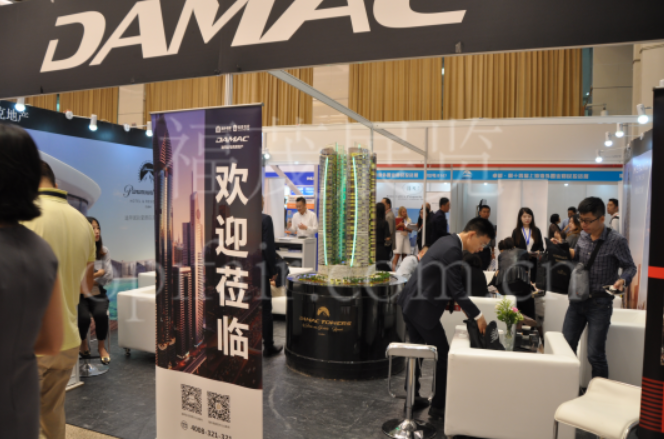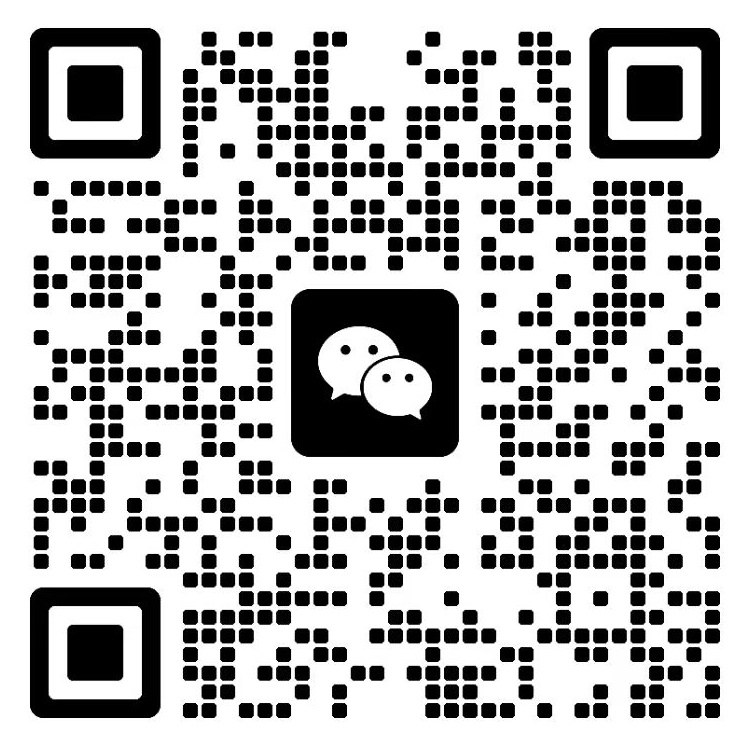Every year, tens of thousands of students connect with overseas universities and educational institutions through events like study abroad expos, gaining firsthand information. However, many feel they gain little from participating, often due to a lack of clarity about their goals and a lack of ability to filter information. In reality, an effective study abroad expo not only provides information about institutions but also covers key details about the entire application process.
School and Program Information
Institutional Rankings and Program Highlights
Exhibitions typically bring together top universities and distinctive schools worldwide. Attendees can directly access authoritative rankings (such as QS and THE), academic strengths (e.g., a school’s engineering program is ranked in the top ten globally), and differentiated programs (e.g., a dual degree in Business + Data Science). For example, a university in a non-traditional study abroad country may be a dark horse choice due to its exceptional research strength in a particular field.
Course Offerings and Career Orientation
Speaking with professors or admissions officers can provide in-depth information about the curriculum structure (e.g., the ratio of theoretical to practical courses), core courses (e.g., the required algorithms course for artificial intelligence majors), and career support (e.g., university-industry partnerships and career planning services). Some schools also disclose graduate employment rates, average starting salaries, and industry distribution to help assess return on investment.
Admission Requirements and Hidden Requirements
In addition to hard indicators like GPA and language scores published on official websites, admissions officers may disclose “soft preferences” (e.g., a school prefers applicants with research experience) or “flexibility policies” (e.g., allowing applicants to take language courses if their language scores don’t meet the required criteria). This information is often not publicly available, but it directly impacts the success rate of your application.
Full Application Process Guidance
Application Materials and Timeline
The fair provides personalized consultations, addressing key essay writing tips (e.g., how to highlight your uniqueness in your personal statement), recommendation letter requirements (e.g., whether both academic and professional referrals are required), and application deadlines (including hidden timeframes for admissions rounds). For example, some schools may offer rolling admissions, giving early applicants a significant advantage.
Scholarships and Financial Support
Participating institutions will detail scholarship types (e.g., full scholarships, partial scholarships, research assistantships), application requirements (e.g., GPA 3.8 or above), and competition levels. In addition, some country booths (such as Germany and Northern Europe) will feature tuition waivers or living allowances to help with budget planning.
Visas and Pre-departure Preparation
By communicating with a visa service center or study abroad agency, you can obtain the latest visa policies (such as extending the validity of a student visa in a particular country), document checklists (such as specific financial requirements), and pre-departure essentials (such as vaccinations and accommodation reservations). This information can help prevent visa rejections or delays due to missed details.
Resources and Support Network
Language Tests and Preparation Resources
Booths for test providers like IELTS, TOEFL, and GRE will offer preparation materials (such as test banks), test-taking techniques (such as oral score-raising strategies), and upcoming test schedules. Some institutions may also offer free practice tests or discounted registration codes to reduce preparation costs.
Alumni and Current Student Sharing Sessions
Many trade shows invite alumni and current students to participate in sharing sessions, using real-life examples to address cultural adaptation (such as integrating into the local social circle), academic pressures (such as the difficulty of certain majors), and life skills (such as part-time job opportunities). These experienced individuals’ experiences are more valuable than official promotional materials. Cross-sector Resource Integration
In addition to universities, the expo also covers related service providers such as insurance, banks, and housing rentals. For example, a bank may offer a credit card specifically for international students (with no annual fee and multi-currency settlement), while a housing platform may showcase safe properties near campus. These resources can address practical challenges faced after studying abroad.
The value of a study abroad expo lies in integrating fragmented information into actionable plans, transforming abstract dreams of studying abroad into concrete actionable pathways. From university matching to application strategies, language preparation to pre-departure preparation, a single expo covers key aspects of the entire study abroad lifecycle. However, acquiring information is only the first step; the true benefits lie in how you organize, analyze, and translate it into concrete action after participating. By approaching the expo with a clear goal in mind, engaging with an open mind, and making rational decisions, you can seize the initiative in global competition and embark on your own international education journey.







